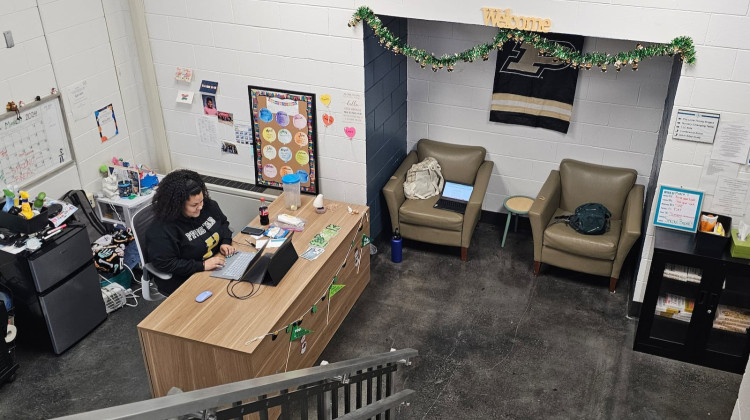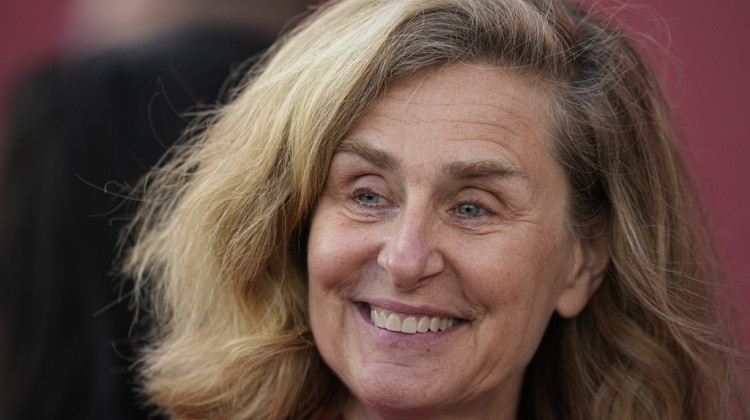
Higher completion rates at four-year colleges are associated with lower default rates.
U.S. Department of EducationINDIANAPOLIS -- Data released by the U.S. Department of Education shows Indiana has one of highest default rates of student loans in the country.
Federal Education Secretary Arne Duncan said higher education systems and states need to be held more accountable for graduation rates and the quality of degrees that help students get jobs, during a speech in Maryland Monday.
He also said the conversation on college expense and student debt must be expanded to other innovations in high education.
“We must shift incentives at every level to focus on student success, not just access,” he said. “When students win, everyone wins. But when they lose, every part of the system should share responsibility.”
The U.S. Department of Education released national graduation and loan default data on Monday. Indiana is tied with Iowa for the third highest default rate in the country.
On average 15 percent of Indiana students -- those at four-year, public, private and for-profit schools -- who entered repayment on federal student loans between October 1, 2010 and September 30, 2011 couldn’t pay back their loans before September 30, 2013.
That rate is skewed by Indiana’s for-profit colleges whose students have a 22 percent percent default rate. Students at the state’s public colleges default at a rate of 10 percent. Private school students fared the best -- with only a 6 percent default rate.
Indiana’s average 2013 graduation rate is 57 percent -- that’s for first time students who completed a four-year degree within six years at a public, private and for-profit schools, according to Integrated Postsecondary Education Data System known as IPEDS.
The national graduation rate average is 55 percent.
During a call with reporters Monday, Duncan said college accrediting agencies should focus more on the quality of student outcomes -- such as the reason for high default rates -- and states need to invest more in higher education.
“In the current system, only students, their families and taxpayers lose when students don’t succeed and that simply doesn’t make sense,” he said. “Institutions need to be held accountable when they get paid by students and taxpayers but fail to deliver a quality education. So should states and accreditors who are responsible to oversee them under the law.”
Indiana’s public colleges will see a 1 percent increase in funding in the current two-year budget.
Duncan also says college presidents freezing tuition are courageous. Purdue University has held the line on tuition for four years through 2016-17 and Ivy Tech Community College will keep tuition level for qualifying students this coming year.
Contact WFYI education reporter Eric Weddle at eweddle@wfyi.org or call (317) 614-0470. Follow on Twitter: @ericweddle.
 DONATE
DONATE






 View More Programs
View More Programs



 Support WFYI. We can't do it without you.
Support WFYI. We can't do it without you.